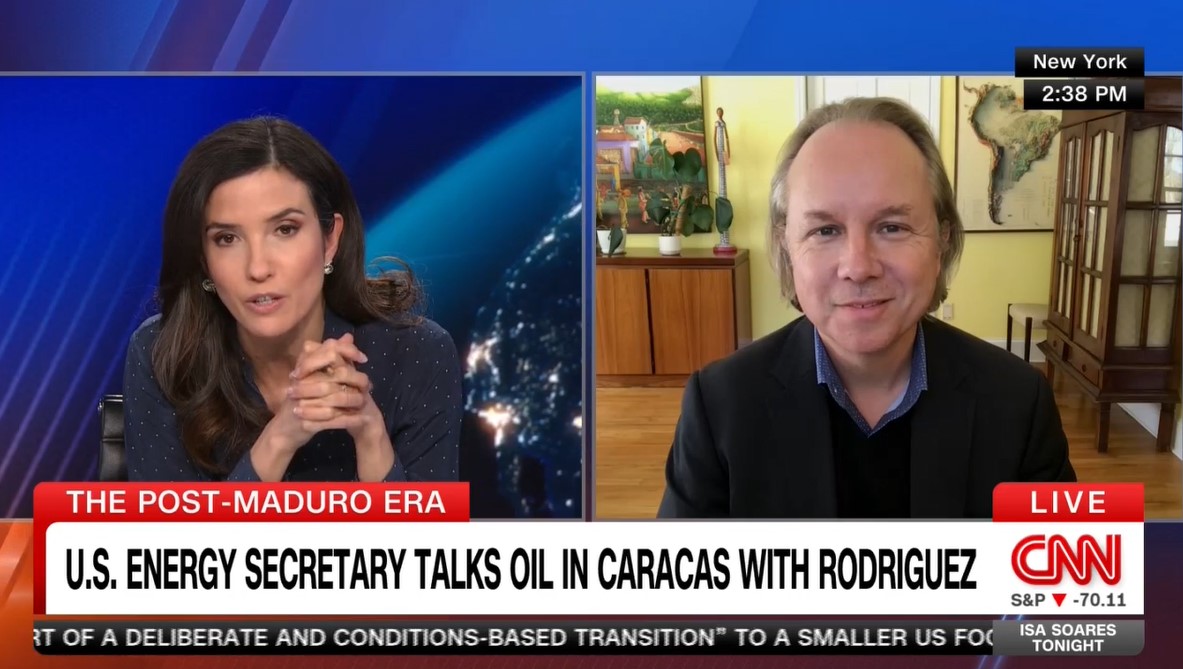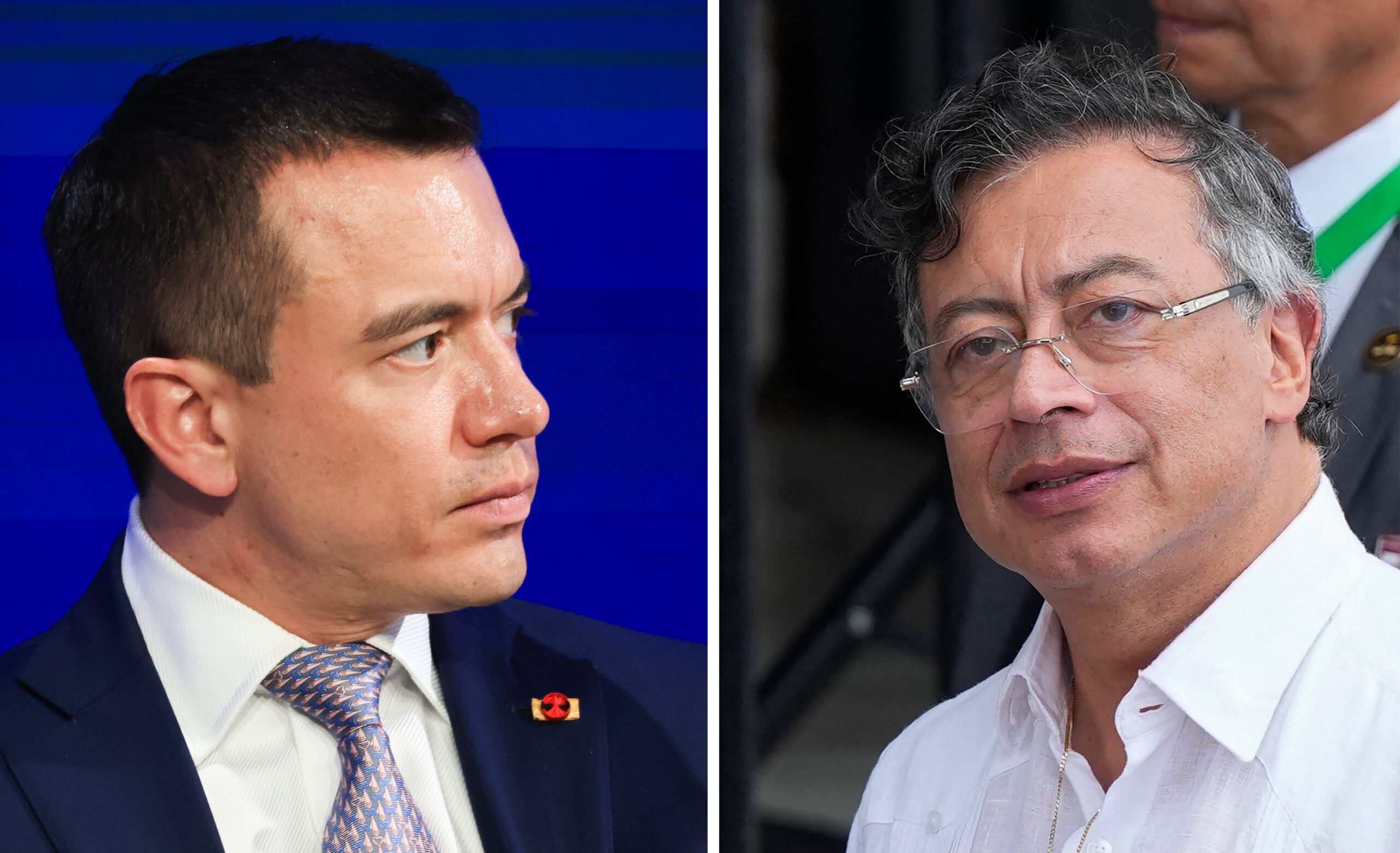Don't Blame Trade, Find the Way to Capitalize on It
Don't Blame Trade, Find the Way to Capitalize on It
Communities across the United States "could benefit from a more business and export friendly climate that encourages even more innovation and invention that would bring new jobs," argues COA's Brian Wanko in an op-ed for The South Bend Tribune.
As a native of Michiana, I will always have a stake in the region. I grew up in the area, and like many others, left for school and a career and occasionally return to see family and friends. I am now a director of government relations, also known as a lobbyist, and reside in Washington, D.C. Although the job title conjures images of men with fists of dollars, I lobby for a centric nonprofit that seeks to promote open markets, development and democracy in the Americas. Yes, Michiana is a part of the Americas, and in a sense, I lobby on behalf of my home.
With such visits I am able to see the changes of the community in more contrast than those who may see this change more gradually. I don't see the construction of a new hospital in Mishawaka. I see it only completed as it hovers over what were once cornfields. I don't see the expansion of Notre Dame until I realize the buildings now butt against Angela and Edison.
I see growth, but I also see the empty buildings, empty storefronts and abandoned industries. While home on a recent drive with a friend, we talked about how things could improve and I mentioned international markets. I was thrown back when he referenced NAFTA, the trade agreement with Mexico and Canada, and how it was to blame. He sees it as something that opened markets for companies to export jobs, not goods. Here I was, devoted to hemispheric trade and politics, and my friend strongly believed that a trade agreement was to blame. I was astonished and felt dejected. But, his observation made a point to me that he did not intend. If he did not understand the global economy and Michiana's part, how could others? If Michiana did not understand, how could the rest of the Midwest. And since the Midwest is best, in my own humble opinion, how could the majority of Americans?
I asked him who the biggest employers were and his response was, "Memorial Hospital, Notre Dame, and the schools." Those not being international, per se, I asked him about manufacturers that may export a good and we both were stumped. So what does international trade have to do with Michiana? I looked and it is more than you may think. According to the U.S. Department of Commerce, the South Bend/Mishawaka region exported goods and services worth $1,076,783,500. In comparison, according to their website, Memorial Health's 2005 net revenue was $335,609,446. International exports have three times the dollar value over a company that employs 2,800 in St. Joseph County. Who are these exporters? To name a few, they are Honeywell Aerospace and its production of aircraft landing systems, ABRO Industries and its provision of automotive, industrial and consumer products, and our farmers and their grains, pork, beef and poultry.
So why do we have fear of trade agreements, three of which with Korea, Panama and Colombia remain stalled in Congress although they enable market access? First, we see media stories of job cuts brought on by international competition, which are more dramatic as they occur in one stroke, compared to growth that occurs over time. Second, we don't understand that narrowing the trade deficit is easier to do and more advantageous by increasing exports than by restricting imports. As a savvy shopper, I'm happy for the imports I can buy at Meijer. Last, we fail to comprehend why these jobs are leaving. Michiana must maintain a comparative advantage. The region has to make something better and at less cost than others. This includes cost of resources, work force, taxes, transportation, etc. As the best, we are innovative and inventive. Once a product is realized, we make it better than anyone. However, over time, others learn from us and can make it just as good and for less and we can no longer compete by making that product. So, we make something more innovative which sits at the threshold of science and understanding that others cannot produce. We then repeat this cycle.
This is easily said, and I recognize job loss is dramatic and has adverse impacts on families and communities. There are gaps of time between losing innovation and gaining it elsewhere, but Michiana must embrace this cycle and with our schools and universities continue to build a work force that remains competitive in a global marketplace and shorten the time gap between a lost job and new job. Michiana, along with other similar communities, could benefit from a more business and export friendly climate that encourages even more innovation and invention that would bring new jobs. Whether lost jobs go to Mexico, China or India, we were losing the comparative advantage. The cycle was at its end and lamenting about a shuttered business and blaming trade does not bring a new business into existence. Trade agreements, which may quicken the time at the end of one cycle, may create a new cycle or extend the life of another during its peak — to the greater benefit. First, we must change our perception of international trade and support free and fair markets. And yes, I say we as I will always consider myself a son of Michiana.








